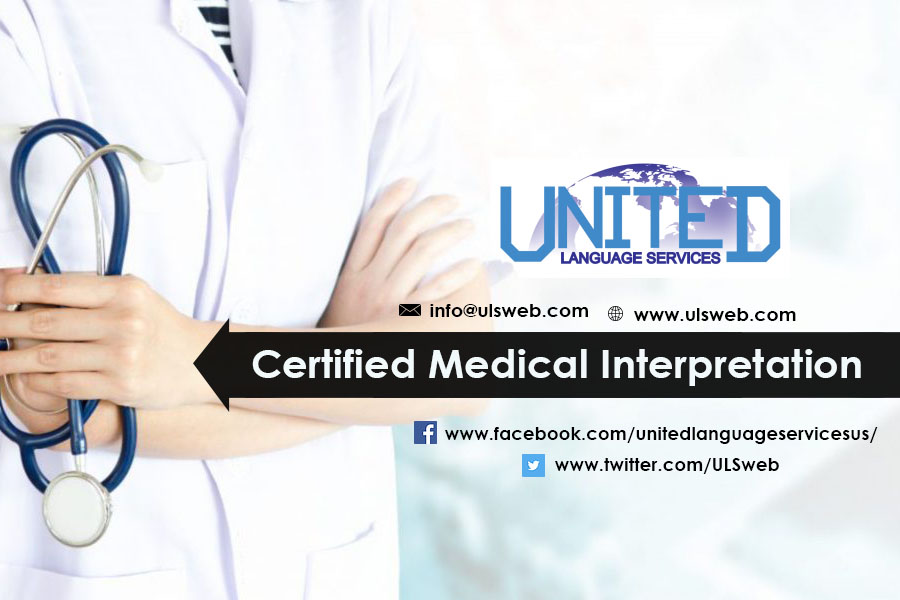“Without translation, I would be limited to the borders of my own country. The translator is my most important ally. He introduces me to the world.”- Italo Calvino
When the world-famous Italian writer said that, he meant literature. The sentiments are the same when it comes to legal interpretation and translation, where a single wrong word can alter the outcomes of the case. And, with global commerce on the rise, both public and private sector companies look for professionals to Translate Business Documents, tenders, forms, and even multilingual contracts. Though it may seem like a trivial work, Legal Documents Certified Translation is tricky because a small error can put the business at risk of never-ending legal battles.
It’s more than a word-to-word translation
Unlike a birth certificate or a mathematics question paper, the subject of law is overly complicated, and the translation is even more complex. Signing a translated contract with wrong terms and conditions is like inviting trouble. Having an accurate legal Documents Certified Translation is a necessity because its absence can run the risk of exacerbating conflicts. A mere word-to-word translation will not serve the purpose unless the document seamlessly conveys the concept from one language to another. With a professional service, companies can avoid the embarrassment which was faced by South Korea in 2011. A free trade agreement between the EU and South Korea was delayed twice because the contract had a whooping 207 Korean translation errors. The translators mistranslated words such as transplant and epidemiological.
It maintains consistency and accuracy
While consistency and accuracy are critical to any translated business document, it’s a necessity for legal documents because they usually have a particular flow. Inconsistent and sloppy errors harm the credibility, invite trouble, and put the business at an open risk. For example, if a clause reads that a ‘shipment of cups’ is to be delivered. Here the contract refers to paper cups, but if the translator misinterprets it as ‘ceramic cups,’ both the parties will have to face unnecessary legal trials. Therefore, maintaining consistency and accuracy is imperative to translate business documents.
It takes more time
Unlike marketing material translation, legal translation, and interpretation consumes time. Furthermore, the translation work of this nature cannot be provided with a time limit based on other types of translation. For example, if a 500-word article translated from English to Spanish took half an hour, it would be wrong to assume that a legal document of 500 words would take the same time. The time taken to complete the translation will solely depend upon the legal knowledge and interpretation skills of the translator.
When language barriers arise in the legal framework, companies turn to United Language Services because we focus on localization trends and cultural accuracy. Our legal translation professionals ensure that not only is the work accurate and fluent in the language, but it uses proper legal terminologies.


